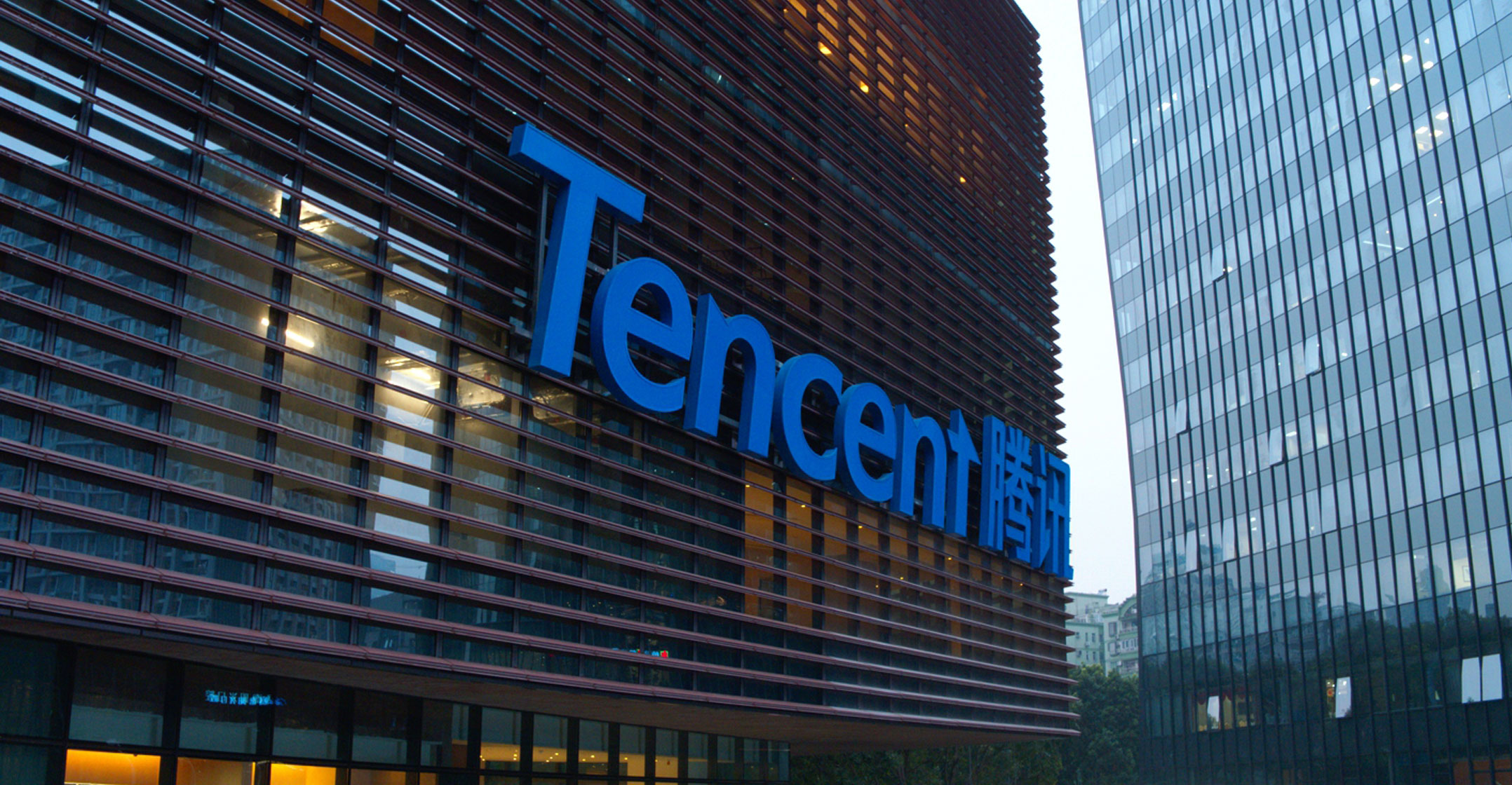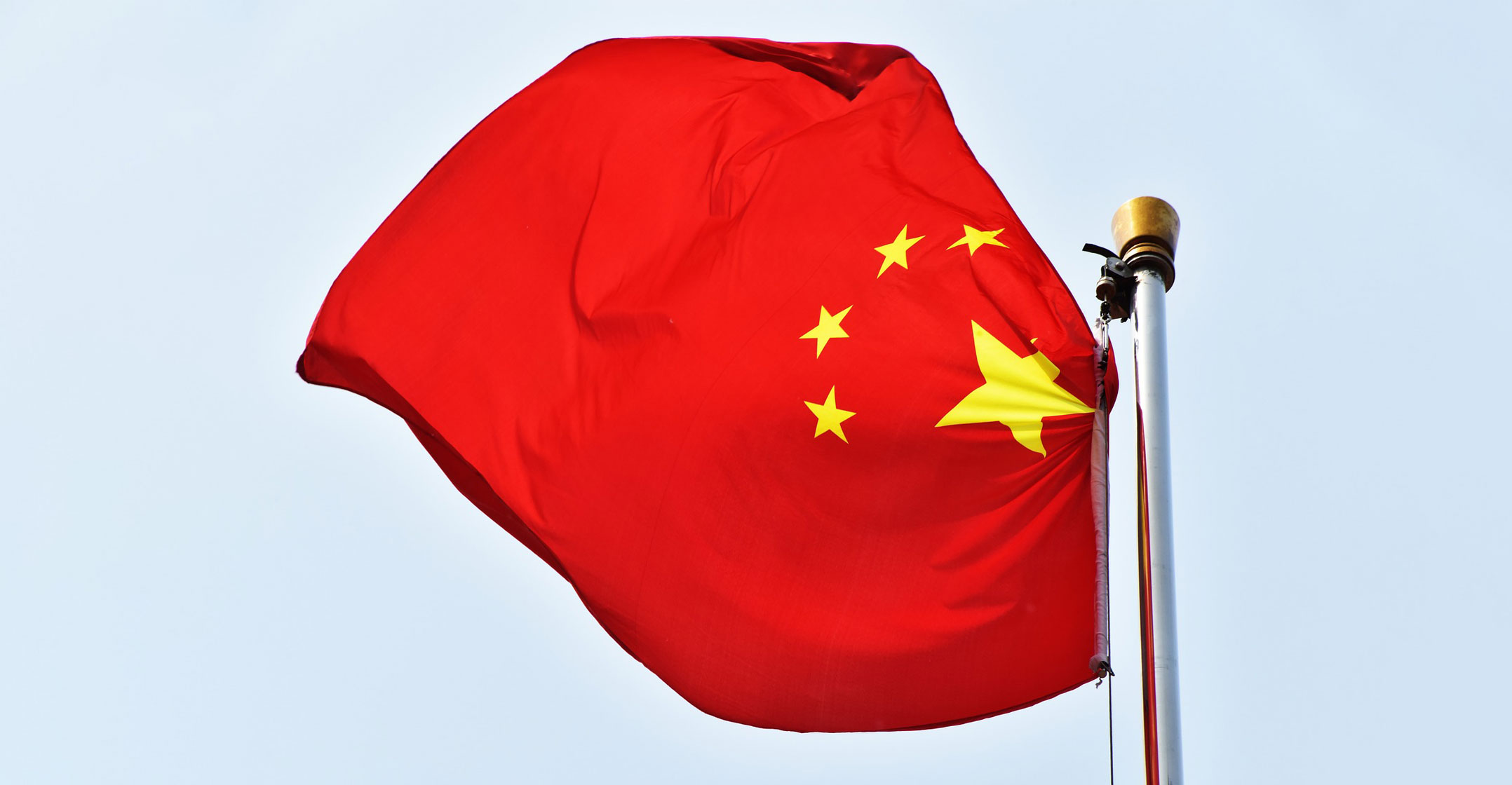 International investors are feeling bruised and uncertain as days of heavy selling hammered China’s top technology stocks that began to seep into currency and debt markets.
International investors are feeling bruised and uncertain as days of heavy selling hammered China’s top technology stocks that began to seep into currency and debt markets.
China’s rise in global indexes in recent decades means money managers are more exposed than ever as Beijing seeks to reduce the dominance of some of its tech, property, ride-hailing and even private education firms.
Falls on Tuesday included a 9% plunge in Internet giant Tencent, its worst in a decade, as its WeChat social network suspended user registrations while it underwent an upgrade “to align with all relevant laws and regulations”. China’s blue-chip index dropped to its lowest in nearly eight months, the yuan hit its lowest since April and Hong Kong slumped 5%.
Read: Naspers, Prosus shares plunge on China edtech crackdown
In US trading, the Nasdaq Golden Dragon China benchmark of Chinese tech stocks listed in New York fell another 6%, taking its losses since Friday past 20% and wiping US$500-billion off its value.
“The spectre of state intervention into controlling the private sector has created a crescendo of panic selling,” said Sean Darby at Jefferies, calling it an iron fist in a velvet glove.
William Russell, head of product specialists equity at Allianz Global Investors, said the moves had left investors blindsided. “A key question is what are policymakers in China trying to achieve?” Russell said. One thing was clear, he said: Beijing wanted to prevent companies becoming too dominant.
China is readying a Personal Information Protection Law which calls for tech platforms to impose stricter measures to ensure secure storage of user data.
Beijing-based tech consultant Zhou Zhanggui said investors were over-reacting to the “rectification” of Chinese tech companies.
The Institute of International Finance (IIF) estimated that China’s equity markets suffered outflows of $600-million on Tuesday after bleeding $2-billion on Monday.
Triggered
Monday’s sell-off was triggered by a clampdown on the $100-billion private education industry, which sent shares of tutoring providers such as New Oriental Education & Tech Group and Scholar Education Group down more than 45%.
The selloff is creating a “risk is that you get some kind of contagion across all Chinese equities … and investors will get really cautious,” said Rand Wrighton, head of international equities at Barrow Hanley Global Investors.
US exchange-traded firm Ark Invest, headed by celebrity fund manager Cathie Wood, said it had dumped shares of Alibaba, Baidu, Tencent, KE Holdings and Byd. The firm has also begun cutting stakes in JD.com and game-streaming company Huya since Beijing launched a crackdown on ride-hailing company Didi Global.
 Tuesday’s heavy falls in Asia also included delivery platform Meituan, which dropped 17%, and e-commerce company Alibaba, which tumbled nearly 8%. Tencent and Alibaba account for 10% of MSCI’s $8-trillion Emerging Market index. Chinese firms make up around 37% of the index, up from 17% a decade ago.
Tuesday’s heavy falls in Asia also included delivery platform Meituan, which dropped 17%, and e-commerce company Alibaba, which tumbled nearly 8%. Tencent and Alibaba account for 10% of MSCI’s $8-trillion Emerging Market index. Chinese firms make up around 37% of the index, up from 17% a decade ago.
Investment banks estimate US investors hold about $1-trillion of Chinese Internet and tech stocks, or have US listings known as American Depositary Receipts (ADRs) that Washington has also been clamping down on over the past year.
“It’s definitely a reminder to investors of the risks in emerging markets,” said Gael Combes, head of fundamental research equities at Unigestion.
While the market had known state-owned enterprises were used to pilot the economy, “the tech, Internet and fintech companies were valued close to the valuations we’d have in the US, and so didn’t discount the regulatory risk,” he said.
AXA’s Sailesh Lad said fixed income markets were also affected. Chinese 10-year government bond futures were down 0.35%. Bonds in property company Evergrade have now halved in price since late May amid concern about its future.
On contagion risk, investment firm Mirabaud underlined that other than Tencent’s founders, only one Chinese institution is on the list of its top 20 shareholders.
Hedge
Alibaba’s biggest shareholder is SoftBank, the US ADR top 20 list is full of US and international funds, and the Hong Kong listing is also dominated by international institutions. There is also no Chinese institution in the top 25 holders of the third of the BATs trio, Baidu.
Arnim Holzer, strategist with EAB Investment Group, is advising clients to hedge their portfolios against further China-related volatility in a number of ways, including options positions that would profit from swings in emerging market bonds.
“While I think we may be approaching a bottom in some of the hard-hit Chinese stocks, there is still a likelihood that investors may need to de-risk some of their technology-oriented portfolios,” he said. — Reported by Marc Jones, with additional reporting by Medha Singh, Danilo Masoni, Sujata Rao, Karin Strohecker, Rodrigo Campos, Saqib Ahmed and David Randall, (c) 2021 Reuters

